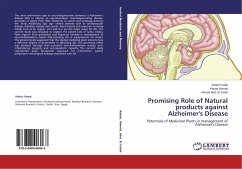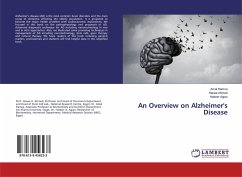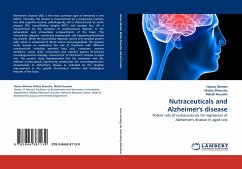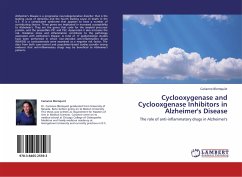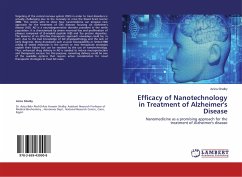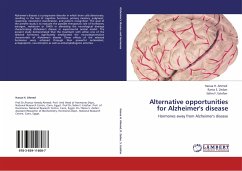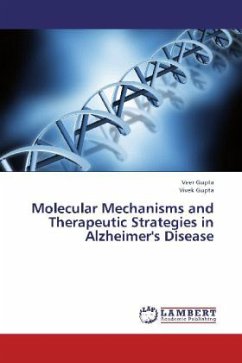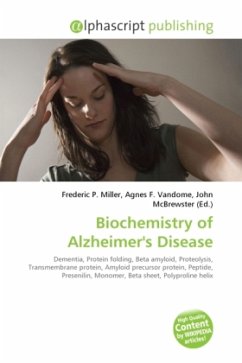The most well-known type of neurodegenerative dementia is Alzheimer's disease (AD) in elderly, an age-dependent neurodegenerative disease, proceeds at stages from mild, moderate to severe and gradually destroys the brain. Advancing age, age related diseases such as cardiovascular disease, diabetes, obesity and cancer, head trauma and exposure to heavy metals such as Al, cupper, iron and zinc are the major cause for AD. The current study was designed to explore the potent role of Salvia triloba, Piper nigrum, Ruta graveolens and Pegenum harmala in management of neuroinflammatory insults characterizing AD in experimental rat model. The present study suggested that the studied medicinal plant extracts have a different degree of potentiality in alleviating AD. This promising effect was achieved through their powerful anti-cholinesterase activity, anti-inflammatory property and anti-apoptotic capacity. The current study represented good therapeutic approach for intervention against progressive neurological damage associated with AD.

